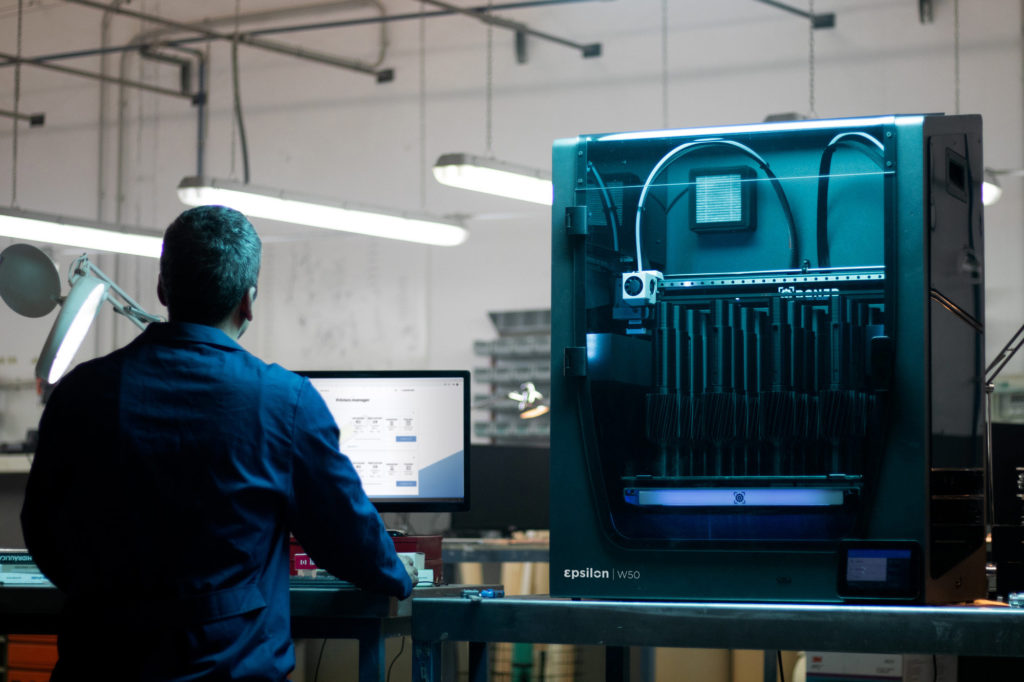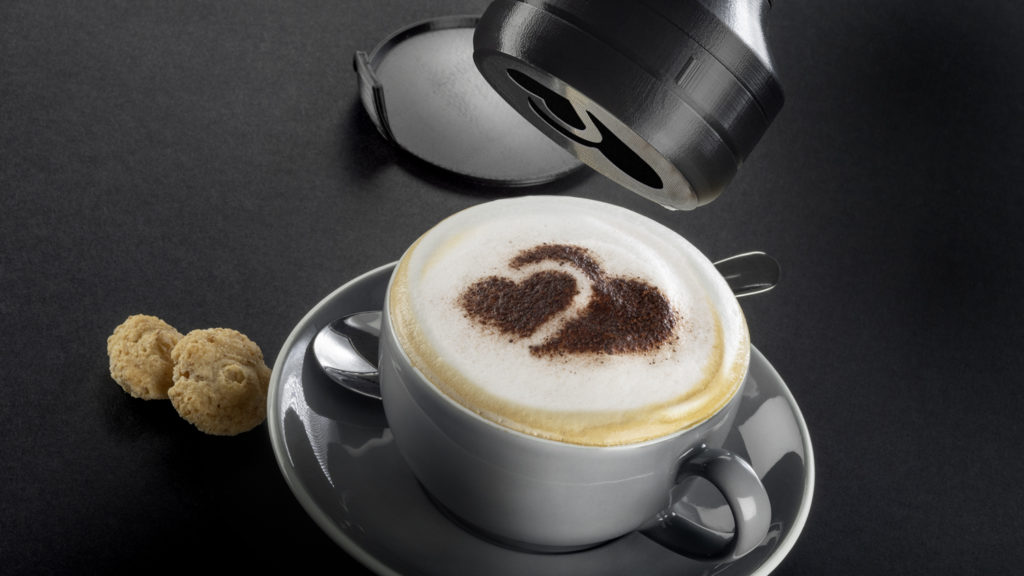China3D printingNet, September 9th, over the years, many companies have been selling food-safe 3D printing materials to the market. However, it may not always be immediately clear that these materials alone are sufficient to 3D print items that are truly food safe. The printer itself must also be certified for the production of items in contact with food.
Chemical giant BASF’s 3D printing brand Forward AM has taken an important step in increasing the adoption of additive manufacturing (AM) in food-related industries. The company obtained the first TÜV certification for the 3D printing process for the production of food contact terminal parts.
Although they are everywhere-from embedded in our clothes to embedded in the body of marine organisms-plastics are not necessarily safe for human ingestion. Even if you choose food-safe materials, such as polyethylene terephthalate (PET), the rest of the manufacturing process and even packaging must pass food contact certification. For example, when it comes to extrusion 3D printing, the extruder through which the plastic passes must be checked to ensure that microorganisms or other hazards are not passed on to the final product.

BCN3D 3D printer certified by TUV. Image courtesy of Forward AM.
In order to achieve food safety 3D printing, BASF derived Replique and its customer Miele, a German home appliance manufacturer, to cooperate with Forward AM. To meet EU regulations, including Good Manufacturing Practices, Forward AM has applied processes and measurements dedicated to avoiding the risk of cross-contamination. The company used a BCN3D 3D printer to 3D print Ultrafuse PET parts, which were tested in accordance with LFGB and Regulation (EC) No. 1935/2004. With TÜV Rheinland certification, Forward AM can now say that its process is suitable for food contact.
“Through TÜV Rheinland certification, we are closing the key gap in additive manufacturing of food contact components. This overall solution means that we are now able to provide our customers with the official and safe production of food contact components,” BASF Said Christian Reinhardt, business development manager for 3D printing solutions. “The TÜV certification proves that 3D printing as a manufacturing technology has matured and is now able to produce the highest standard final parts in a fully controlled and audited process. In addition, the certification confirms that Forward AM has become the leading 3D printed food contact part in the food industry Manufacturing consulting and supplier wishes.”

A tool for sprinkling coffee toppings on a predetermined shape. Image courtesy of Miele.
Replique has partnered with Miele for 3D printing accessories through its 3D4U project, which allows customers to purchase parts through Miele’s online store. This includes food contact parts such as coffee clips. This allows the duo to 3D print more food contact accessories that may be paired with Miele gadgets, and then serve as a demonstration partner, which may lead Replique to perform additive manufacturing for other brands. It also expands the types of food safety components, which may be carried out. 3D printing.
At the same time, the brands involved are creating an entry point into any number of food-related verticals, such as restaurants and hotels, where customized products can be printed for special events. So far, the lack of food safety 3D printing technology has hindered the development of this field, but given BASF’s influence as the world’s largest chemical company, it may be able to open up this field, leading to a large number of 3D printing companies following suit. Fortunately for BASF, as the world tries to get rid of fossil fuels, this means more petrochemical products are produced.
China3D printingNet compile article!
(Editor in charge: admin)


0 Comments for “BASF’s Forward AM 3D printing for food contact is certified”